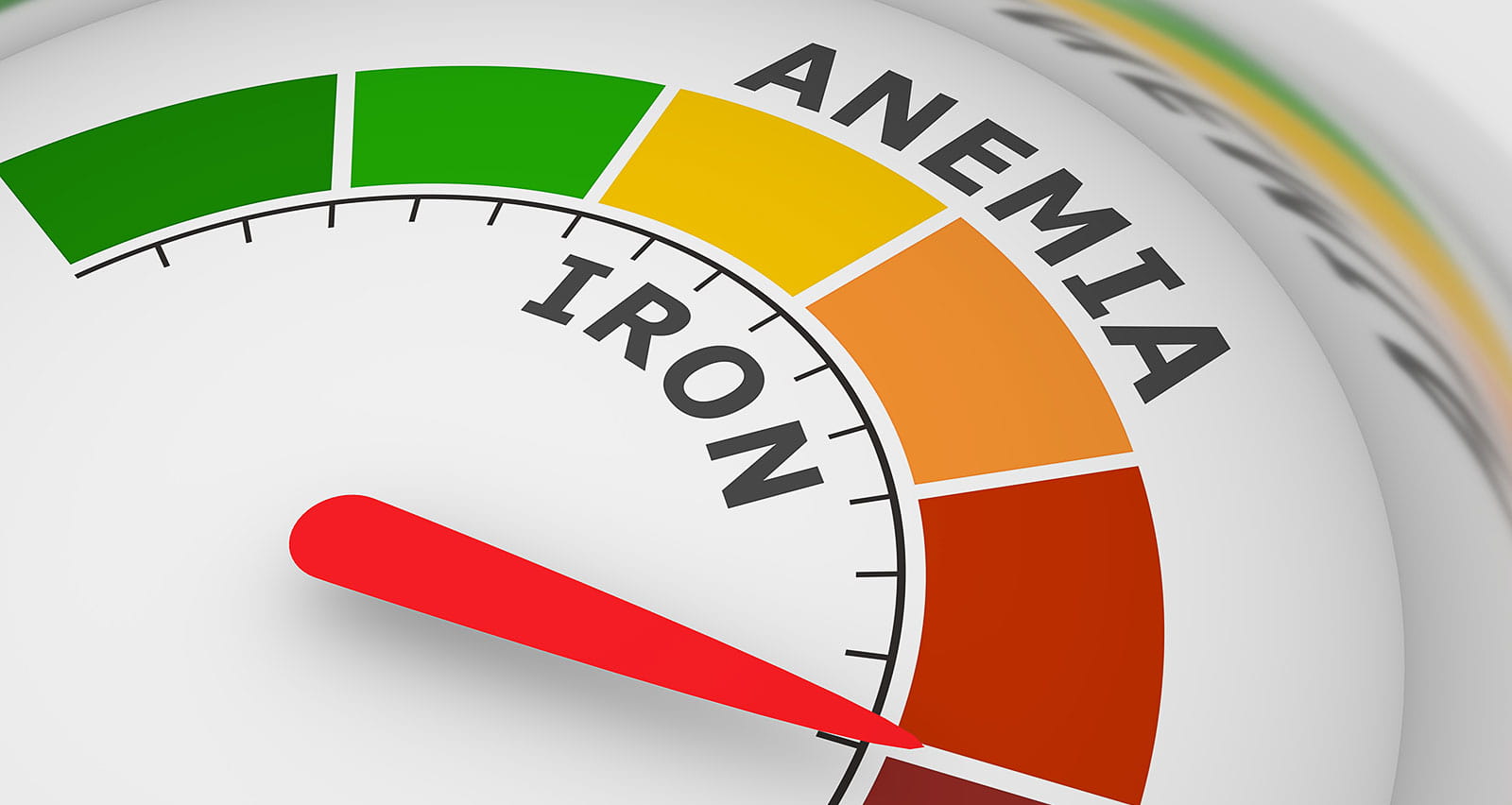
What is Hemochromatosis?
Hemochromatosis is a condition that can cause too much iron buildup in the body. As a result, the iron can build up in certain vital organs, including the heart, pancreas and liver. Untreated, hemochromatosis can cause severe organ damage and lead to congestive heart failure, diabetes, and cirrhosis of the liver. Individuals with hemochromatosis also have an increased risk for developing liver cancer.
The most common type of hemochromatosis is hereditary, which means a defective gene that causes the disease is passed from parent to child.
Call to Schedule an Appointment Today
To schedule an in-person or virtual consultation with a UH liver specialist, call 216-844-8500, Option #1 or schedule online.Symptoms and Diagnosis
The symptoms of hemochromatosis will vary based on which organs are damaged by the iron build-up and may include:
- Elevated liver enzymes
- Symptoms of liver disease
- Skin color changes (darkening to bronze or gray/green)
- Joint pain
- Diabetes
- Irregular heart rhythm (arrhythmia)
- Heart failure
If your doctor suspects your symptoms might be caused by hemochromatosis, blood tests will be ordered to confirm or rule out the diagnosis. These tests will measure both the amount of iron in your blood and the amount of iron that is stored in your body. In addition, genetic testing may be recommended.
Treatments
If your blood test results confirm hemochromatosis, there is no cure but there are effective treatments that can reduce the amount of iron in your body, relieve symptoms and reduce the risk of organ damage. The primary treatments are:
- Changes to your diet
- Alcohol cessation – alcohol can increase iron absorption so it may be recommended that you eliminate or reduce your alcohol consumption
- Therapeutic phlebotomy – the regular removal of blood from the body
- Iron chelation therapy – medications that increase the amount of iron excreted in the urine and feces
If diagnosed early before there is any serious organ damage, hemochromatosis can usually be successfully managed. If the disease is more advanced and has caused organ damage, like cirrhosis or heart disease, your UH care team will develop an appropriate plan of care.
Make an Appointment
Your health is important. Get expert care.
Offering in-person and virtual visits.
216-844-8500, Option #1
Make an Appointment

